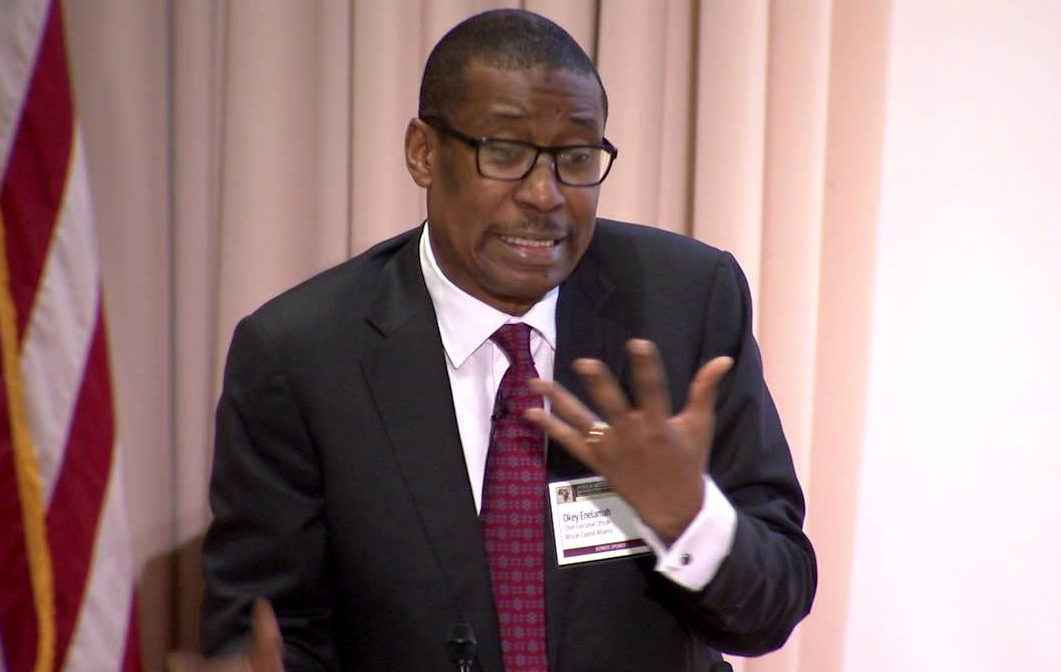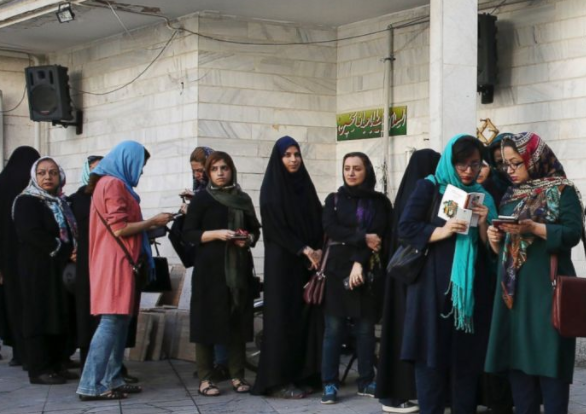Okechukwu Enelamah, the minister of trade and investment, says the at least 40 percent of government procurement spending will be on made-in-Nigeria goods and services.
He also said the government was working at moving up 20 places up the ranking on ease of doing business this year and it has to start from growing made in Nigeria.
Speaking on the executive orders signed by the Acting President Yemi Osinbajo, Enelamah said reports will be submitted to the president after 60 days and 80 days.
Any document issued by any MDA of government for the solicitation of offers, bids, proposals or quotations for the supply or provision of goods and services shall expressly indicate preference to be granted to domestic manufacturers, contractors and service providers and the information required to establish the eligibility of a bid for such preference.
Advertisement
All solicitation documents shall require bidders or potential manufacturers, suppliers, contractors and consultants to provide a verifiable statement on the local content of the goods and services to be provided.
He said made-in-Nigeria products shall be given overwhelming preference or at least 40 percent of the procurement spend on locally manufactured goods and service providers. Some priority items include: uniforms and footwear, food and beverages, motor vehicles, pharmaceuticals, construction materials, information and communication technology, furniture and fittings and stationery.
“Within 90 days of this order, the heads of MDAs shall assess the monitoring, enforcement, implementation and compliance with this executive order and local content stipulations in the Public Procurement Act or any relevant Act within their agencies,” he said.
Advertisement
“They shall also propose policies to ensure that the FG’s procurement of goods and services maximises the use of goods manufactured in Nigeria and services provide by Nigerian citizens doing business as sole proprietors, firms or companies held wholly by them or in the majority and submit such findings to the minister of trade and investment.
“Within 180 days of the date of this order, the minister for trade and investment in consultation with the Director General of the Bureau for Public Procurement shall submit to the President, a report on the Made-in-Nigeria initiative that includes findings from section 4 above.”
The report shall include specific recommendations to strengthen the implementation of local content laws and local content procurement preference policies and programs.
“For the purpose of this order ‘local content’ means the amount of Nigerian or locally produced human material resources utilised in the manufacture of goods and services” Enelamah said in his presentation.
Advertisement
Add a comment






